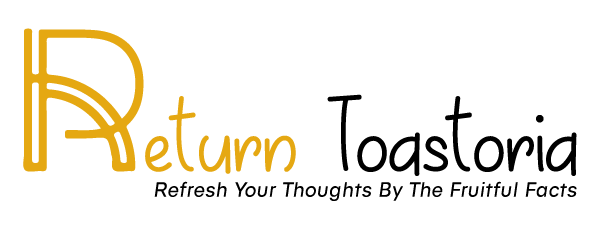Finding a reliable and affordable dumpster rental service can make a significant difference in efficiently managing waste for both residential and commercial projects. Whether undertaking a home renovation, cleaning out an estate, or managing waste for a business, having access to the right dumpster size ensures a smooth and hassle-free cleanup process. With a variety of sizes available, customers can select the most suitable option to match their needs without overspending. Affordable rental services provide an excellent balance of convenience and cost-effectiveness, making waste disposal manageable for homeowners, contractors, and business owners alike. One of the main advantages of renting a dumpster is the convenience it offers. Instead of making multiple trips to a landfill or relying on municipal waste collection services, a dumpster rental allows users to dispose of large volumes of debris in one go.

This saves both time and effort, making projects more efficient. Additionally, with flexible rental periods, customers can choose a timeframe that suits their schedule, ensuring they have ample time to complete their cleanup without rushing. The simplicity of having a dedicated space to discard waste also minimizes clutter, keeping work areas organized and safe. Fresno dumpster rentals are particularly beneficial for home renovation and remodeling projects. Whether tearing down walls, replacing flooring, or upgrading fixtures, these projects generate significant amounts of waste. A properly sized dumpster ensures that all construction debris, such as wood, drywall, and old appliances, can be disposed of in a single location. This not only helps maintain a cleaner work environment but also ensures compliance with local disposal regulations. By choosing a dumpster rental, homeowners and contractors can focus on completing the project rather than worrying about how to manage the waste.
Commercial businesses also benefit greatly from renting dumpsters for their waste management needs. Offices, retail stores, restaurants, and industrial sites generate different types of waste that need proper disposal. A well-planned waste management system helps maintain cleanliness and improves operational efficiency. Having a dumpster on-site ensures that daily waste, including packaging materials, outdated inventory, or discarded office furniture, is handled effectively. Businesses can select different sizes depending on the volume of waste they produce, making dumpster rentals a flexible solution for any commercial operation. Environmental responsibility is another important aspect of proper waste disposal, and renting a dumpster plays a role in promoting sustainability. Many rental services sort and recycle waste to minimize landfill contributions. This means materials such as metal, wood, and concrete are often repurposed instead of being discarded. Proper waste disposal not only benefits the environment but also helps communities reduce their ecological footprint.


